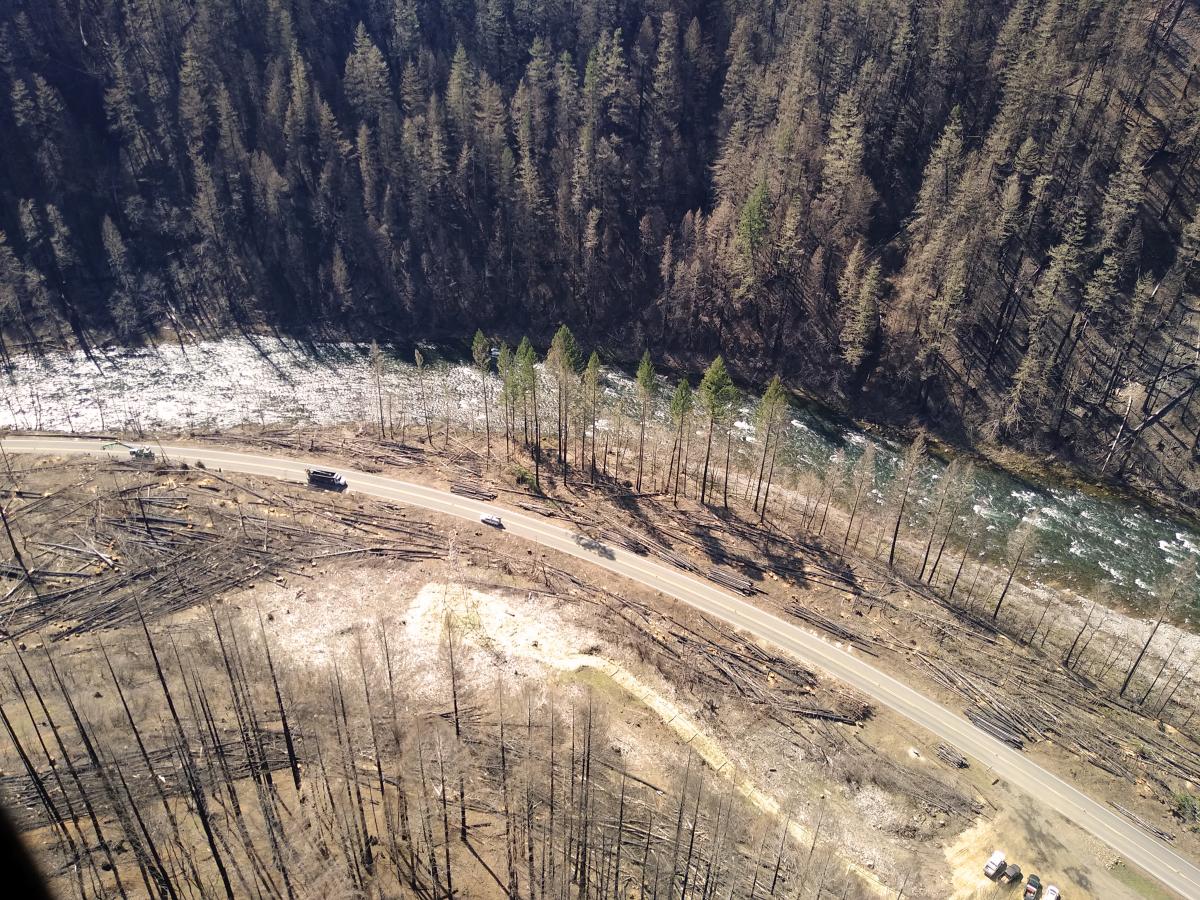What Will Emerge from this Moment?


Spring is a time for growth and renewal and I’m excited about the possibilities, more now than ever before. Unfortunately, the destructive response to last year’s fires in the forests of Mt. Hood, and across the state, are cause for concern. Over the past few weeks, investigative journalists’ reports and whistleblowers’ testimonies before Oregon lawmakers have painted a picture of potential fraud and abuse under the guise of “public safety.” Once again, we see the lack of transparency and oversight of management decisions that are shaping the future of the forests of the Clackamas River Basin and the people who rely on the Clackamas River for generations to come.
Support Bark’s Work to Defend and Restore the Forests of the Clackamas River!
The decisions being made in the Clackamas today are just one example of the settler-colonial mindset hard at work. Beginning hundreds of years ago with the displacement and oppression of the Indigenous people as well as their understanding of living in reciprocity with ecosystems since time immemorial, this mindset is now driving climate change, and making forests and communities less and less resilient to the impacts of natural processes…like fire.
Over the last two years, Bark has started to envision our own role in combating this mindset and the harm it causes the people, forests, and waters of this region—and many like it across the planet. By engaging with the U.S. Forest Service, how can we work toward restitution of the United States’ violent seizure of these lands from their original inhabitants? How can we unsettle and decolonize our approach to saving what remains of mature and old-growth forests of this region? How can we follow and support Native-led response to climate change?
Just as Bark is committed to continue to train and empower the public with the knowledge, resources, and tools to be active participants in the shaping of the forest’s future, we are also committed to embracing the complex answers to these questions and to go beyond the difficult conversations they require to the transformation that is necessary. If we hope to build a more just and sustainable future, we must not just ask, but answer and act.
Bark Provides Trainings, Resources, and Tools to the Community for Free with Your Support
In the coming weeks, we will be talking to you not only about Bark’s work, but also how the complexities of these issues impact communities beyond those that enjoy the privilege of spending recreational time in the forest. We will ask you to support organizations and causes that are directly impacted by the settler-colonial mindset and land management practices for the forests and waters surrounding Mt. Hood.
All of us—urban, rural, native, settler, immigrant, displaced, marginalized, and privileged—rely on a complex web of reciprocity with each other and the rest of the ecosystem. Only by acknowledging the true reasons for our disparate experiences, learning from and following the lead of those most impacted by our shared challenges, and leaning into the strength of this diversity can we hope to restore these relationships.
Thank you for your support,

Justice Hager, Bark Outreach Director
P.S. Part 3 of our Rad◦i◦cle Training Series: National Forests on Stolen Lands is on May 27, 2021 – 6:00pm to 8:00pm. Learn more and register at the link!
